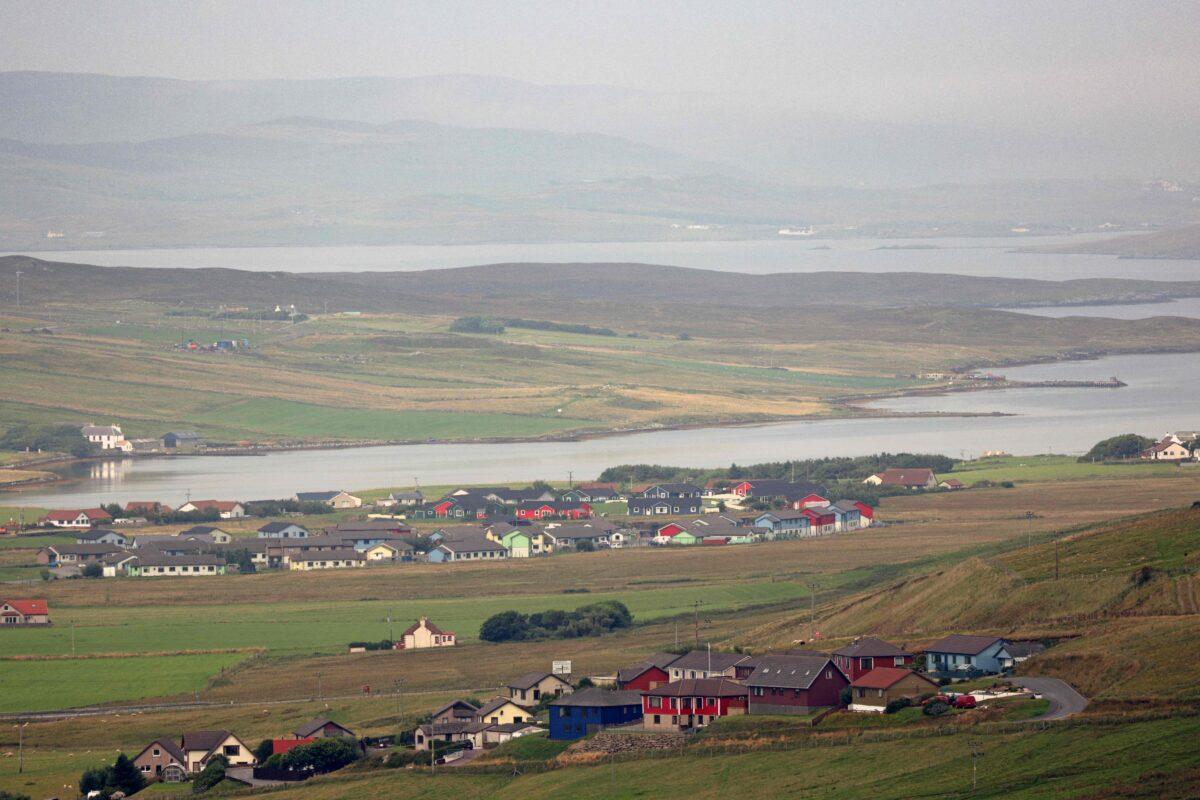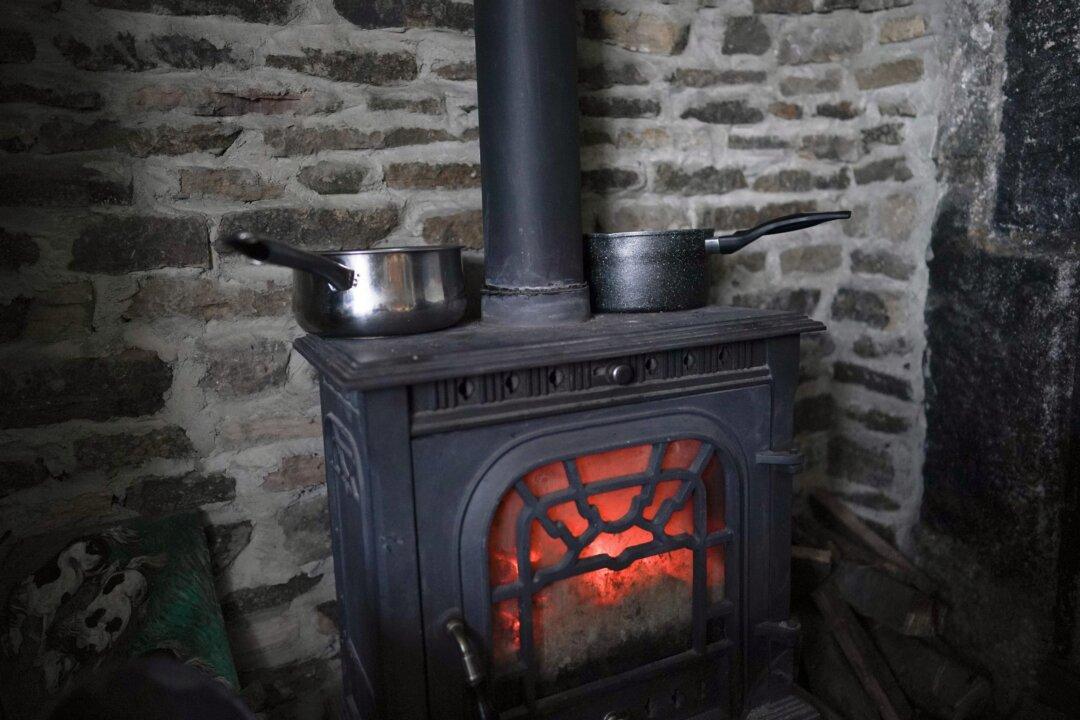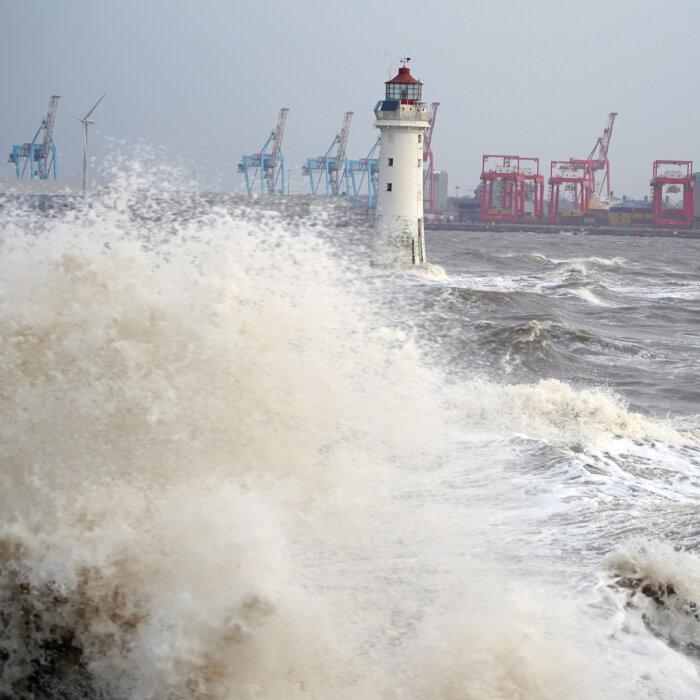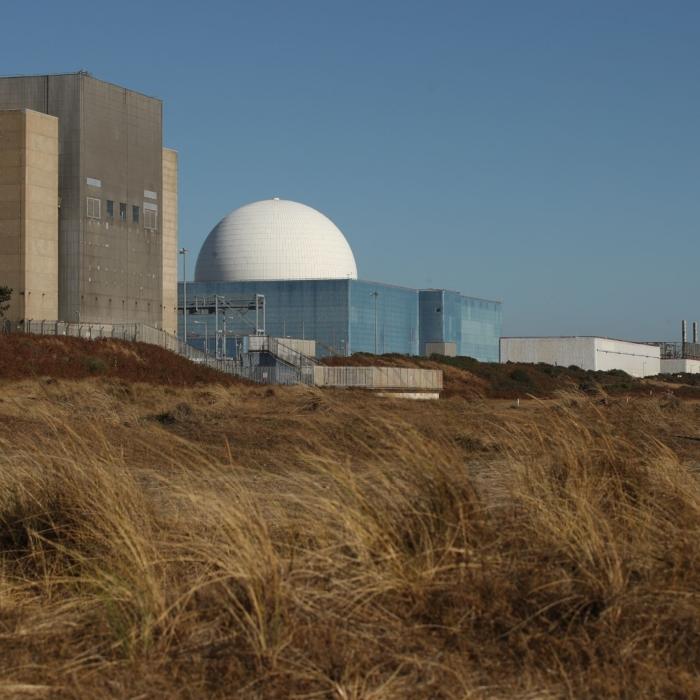The Scottish Government has denied that a woodburning stoves ban in new builds would leave people living in rural areas without heating options, saying that they can be installed, but restricted to emergency use only.
As of April 1, Scotland implemented strict net zero regulations, effectively banning the use of fossil and biofuel heating systems in all newly built houses, including the prohibition of oil, gas, boilers, as well as solid fuel and woodburning stoves.
Carbon Emissions
The Scottish Government said woodburning stoves can be installed in new homes “to provide emergency heating, where a need can be justified.”Scotland’s “Domestic Technical Handbook” states that, “Every building must be designed and constructed in such a way that the means by which space within the building is heated or cooled and by which hot water is made available in the building is not by means of a direct emission heating system.”
Instead, new homes will need to use “climate-friendly alternatives” like heat pumps and heat networks.
Outlawed
On social media platform X, Alasdair Macmillan, principal at the architecture and planning firm MACARC, wrote on Tuesday that what was until last week “a sustainable, renewable heat source, will be outlawed.”“As well as removing an essential backup source of heat for many, off-grid properties will no longer be able to use wood stoves. Woodland crofts will not be able to use their own timber,” he said.
“We had previously sought clarification on 6.11 and had been advised that stoves would be permitted as a secondary heat source. Sensible, particularly in rural areas where power cuts are not uncommon. However there has now been a U-turn, and woodburning stoves are history,” he added.
The Isle of Eigg, a Hebridean Island, with a population of under 100 people, posted from its own social media account that “banning woodburning stoves is a disaster for us.”
“They are a key part of our net zero by 2030 strategy. Practical and cheap to fit compared to heat pumps etc. They provide hot water in winter when solar thermal can’t. Island timber harvesting provides local affordable fuel and jobs,” it added on X.
Commenting on X, Scottish Greens spokesperson on Climate, Energy, Environment, Food and Farming Mark Ruskell wrote that installing a woodstove in a new build would be too warm.
“New building standards are so high installing a woodstove would be like living in a sauna so why install over a heat pump? If new builds install solar with battery bank, the batteries can kick in during powercuts. Obviously different picture for colder stonebuilt existing homes,” he added.
Despite some claims, there is not a retrospective ban on existing woodburning stoves yet.

A Scottish Government spokeswoman told The Epoch Times by email: “Heating our homes and buildings represents about a fifth of Scotland’s carbon emissions so tackling the climate emergency requires us to address these emissions.”
She said that existing homes are completely unaffected as the standard will not apply to the installation of heating in homes and buildings built before 2024.
“Wood-burning stoves and other heating systems that cause emissions can also still be installed in new homes to provide emergency heating, where a need can be justified – responding to feedback from rural communities,” she said.
Ths means that new homes cannot rely solely on woodstoves for heating. However, allowances exist for additional woodstoves as a secondary heat source, contingent upon demonstrating potential for power outages in the area.
Conservative MSP Jamie Halcro Johnston wrote on X that the plan is “nowhere near as simple as they’re suggesting.”
‘Polluting Heating’
The measures are part of Scotland’s “climate-friendly” measures for homes.Scottish homeowners face mandatory heat pump installation by 2033 as the government considers linking compliance to mortgages, under plans unveiled by the Scottish Greens last year.
The Scottish Government will prohibit the use of what it calls “polluting heating” from 2045, and is considering introducing a requirement for existing homes to be retrofitted with heat pumps or other similar systems by the same date.
The government also said that it is “exploring is whether banks and buildings societies can—or already do—make complying with laws relating to your property a condition of mortgage and/or home and buildings insurance.”
From 2028, private landlords will also need to ensure their properties meet the minimum energy efficiency standards, after which they will not be allowed to lease to a new tenant if standards are not met.







